DSM-5 Focused Assistant - DSM-5 Information Aid
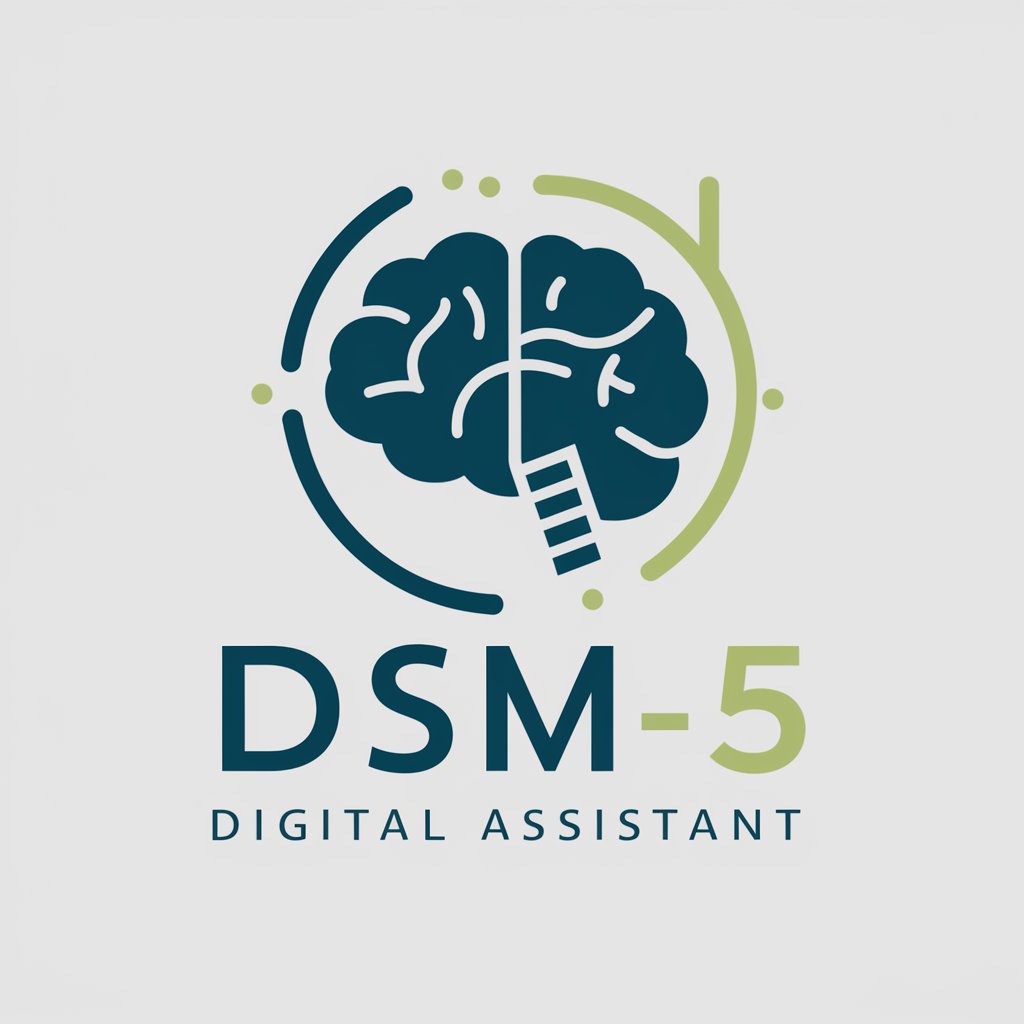
Welcome! How can I assist you with DSM-5 today?
AI-Powered DSM-5 Knowledge at Your Fingertips
Explain the diagnostic criteria for...
What are the key features of...
How does the DSM-5 classify...
Can you summarize the changes in DSM-5 regarding...
Get Embed Code
Overview of DSM-5 Focused Assistant
The DSM-5 Focused Assistant is a specialized tool designed to support mental health professionals, students, and researchers by providing access to detailed information from the Diagnostic and Statistical Manual of Mental Disorders, Fifth Edition (DSM-5). Its primary purpose is to serve as a comprehensive resource for understanding psychiatric terms, diagnostic criteria, and conceptual frameworks as outlined in the DSM-5, facilitating a deeper comprehension of psychiatric disorders for clinical, educational, and research applications. For example, a clinician might use the Assistant to clarify the criteria for Major Depressive Disorder, ensuring their diagnostic assessment aligns with the latest standards. Similarly, a student might utilize the tool to study for exams by accessing detailed explanations of various disorders and their criteria. Powered by ChatGPT-4o。

Key Functions of DSM-5 Focused Assistant
Criteria Clarification
Example
Providing detailed explanations of the diagnostic criteria for specific disorders, including thresholds for symptom severity and duration.
Scenario
A therapist is unsure whether a patient's symptoms meet the criteria for Generalized Anxiety Disorder. Using the Assistant, they can quickly confirm the required number of symptoms and duration needed for a diagnosis, aiding in accurate assessment.
Resource Linkage
Example
Guiding users to additional DSM-5-related resources, such as academic papers, guidelines, and recent updates.
Scenario
A researcher is looking for recent studies on the efficacy of treatments for PTSD as defined in the DSM-5. The Assistant points them towards the latest academic papers and clinical trials, facilitating an informed review of current treatment methodologies.
Educational Support
Example
Offering detailed breakdowns of disorders for study purposes, including symptomatology, risk factors, and comorbidity.
Scenario
A psychiatry student needs to understand the differences between various types of depressive disorders for an upcoming exam. The Assistant provides comprehensive comparisons, including case examples, to enhance learning and retention.
Update Notification
Example
Informing users about significant changes and revisions to the DSM-5 criteria and guidelines.
Scenario
Mental health professionals can stay informed about the latest diagnostic criteria updates, ensuring their practice remains aligned with current standards. For instance, when the DSM-5 updates the criteria for Autism Spectrum Disorder, the Assistant notifies users, allowing them to adjust their diagnostic assessments accordingly.
Target User Groups for DSM-5 Focused Assistant
Mental Health Professionals
Psychiatrists, psychologists, therapists, and counselors who require up-to-date information on diagnostic criteria and conceptual frameworks for effective patient assessment and treatment planning.
Psychiatry and Psychology Students
Students pursuing degrees in psychiatry, psychology, and related fields who need access to detailed DSM-5 criteria and explanations for educational purposes, including exam preparation and research projects.
Mental Health Researchers
Researchers focusing on psychiatric disorders who benefit from detailed DSM-5 criteria, updates, and linkages to additional resources for conducting studies and reviews on mental health topics.

How to Use DSM-5 Focused Assistant
Start Free Trial
Visit yeschat.ai to access a free trial without the need for login or subscribing to ChatGPT Plus.
Identify Your Needs
Determine the specific information or assistance you require from the DSM-5, such as understanding diagnostic criteria, researching psychiatric terms, or finding guidance on mental health conditions.
Engage with the Assistant
Use clear, concise questions to communicate your needs. The more specific your query, the more accurate and helpful the response will be.
Utilize Advanced Features
For complex inquiries, leverage the assistant's ability to process and summarize large sections of the DSM-5, making it easier to digest vast amounts of information.
Provide Feedback
Offer feedback on the responses received. This helps refine the tool's accuracy and effectiveness for future interactions.
Try other advanced and practical GPTs
Retrato Robot
Bringing Faces to Life with AI

ICD11 Guide
Empowering Health with AI-driven ICD-11 Insights
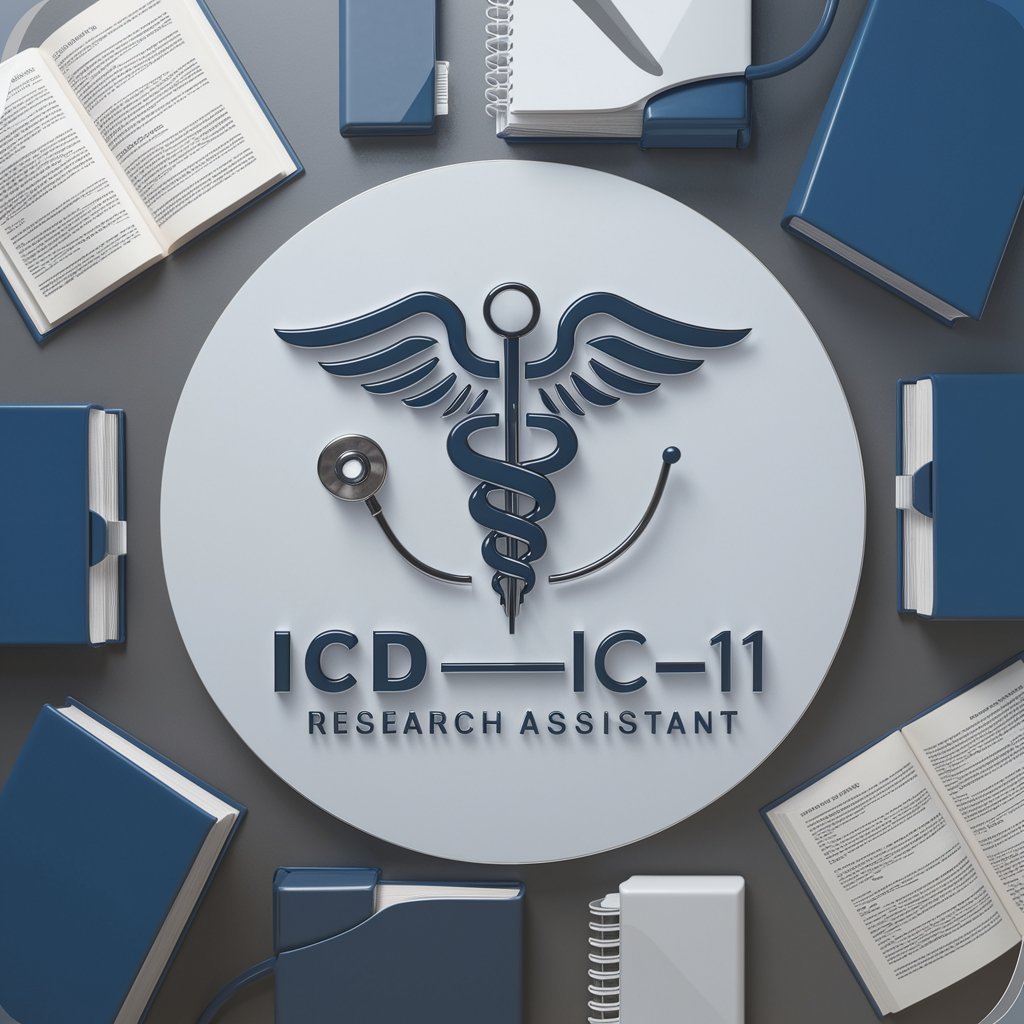
Wildfire Watchdog
Stay informed, stay safe with AI-powered wildfire updates.

Joe Rogan Experience Analyst
Dive deep into Joe Rogan's world with AI-powered insights.
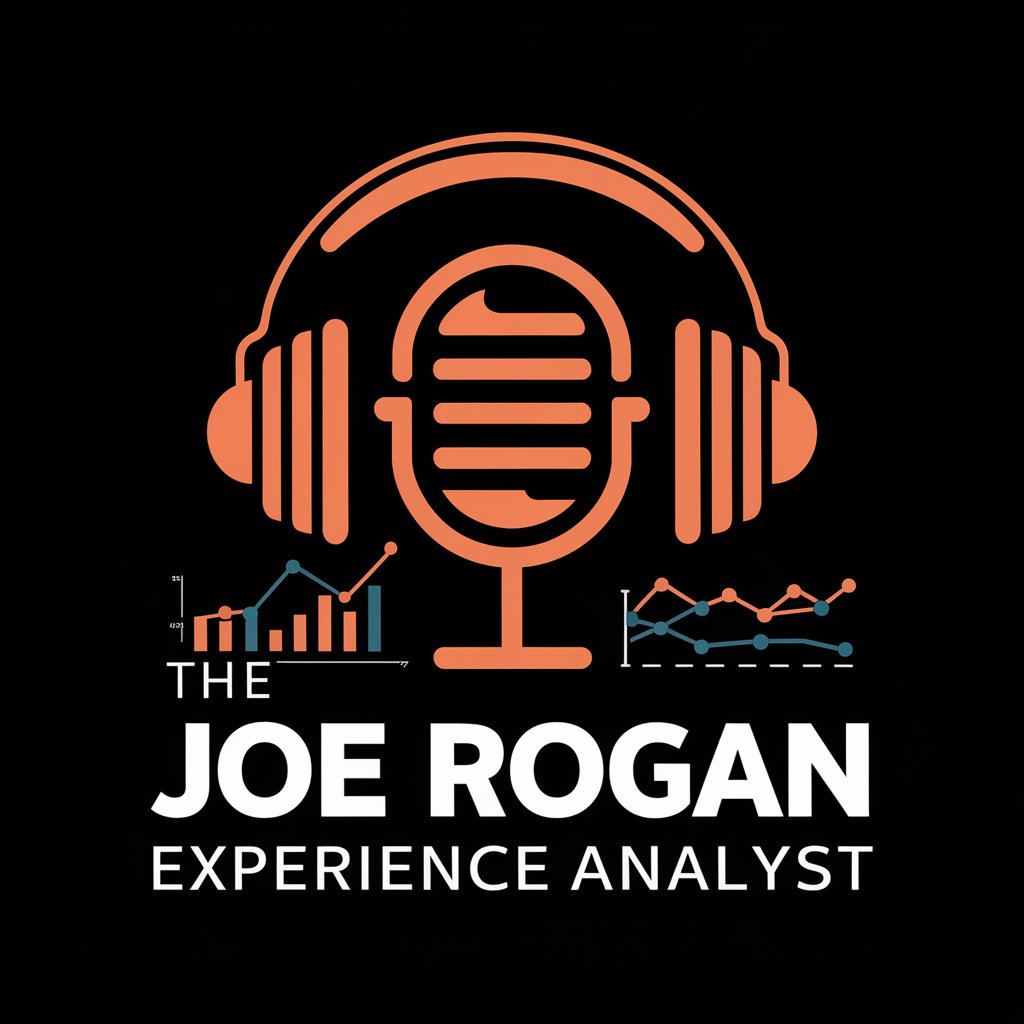
UNITE - Emotion Analysis Expert
Decipher emotions, enhance relationships with AI.
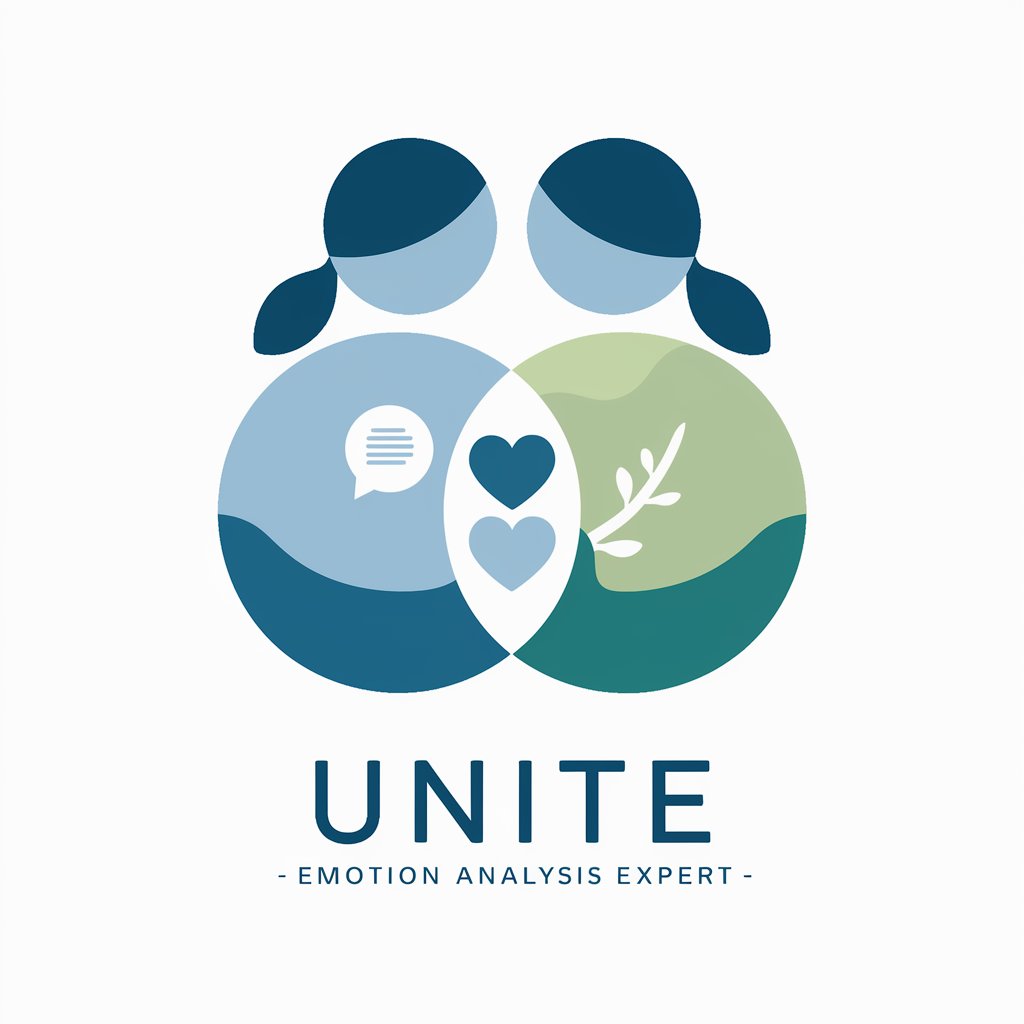
Veteran's Claim Navigator
Navigating Veterans to Benefits, Seamlessly

Tolkien Talks
Engage with Tolkien's World, Powered by AI

PerspectiveBot
Quantifying Perspectives with AI Precision
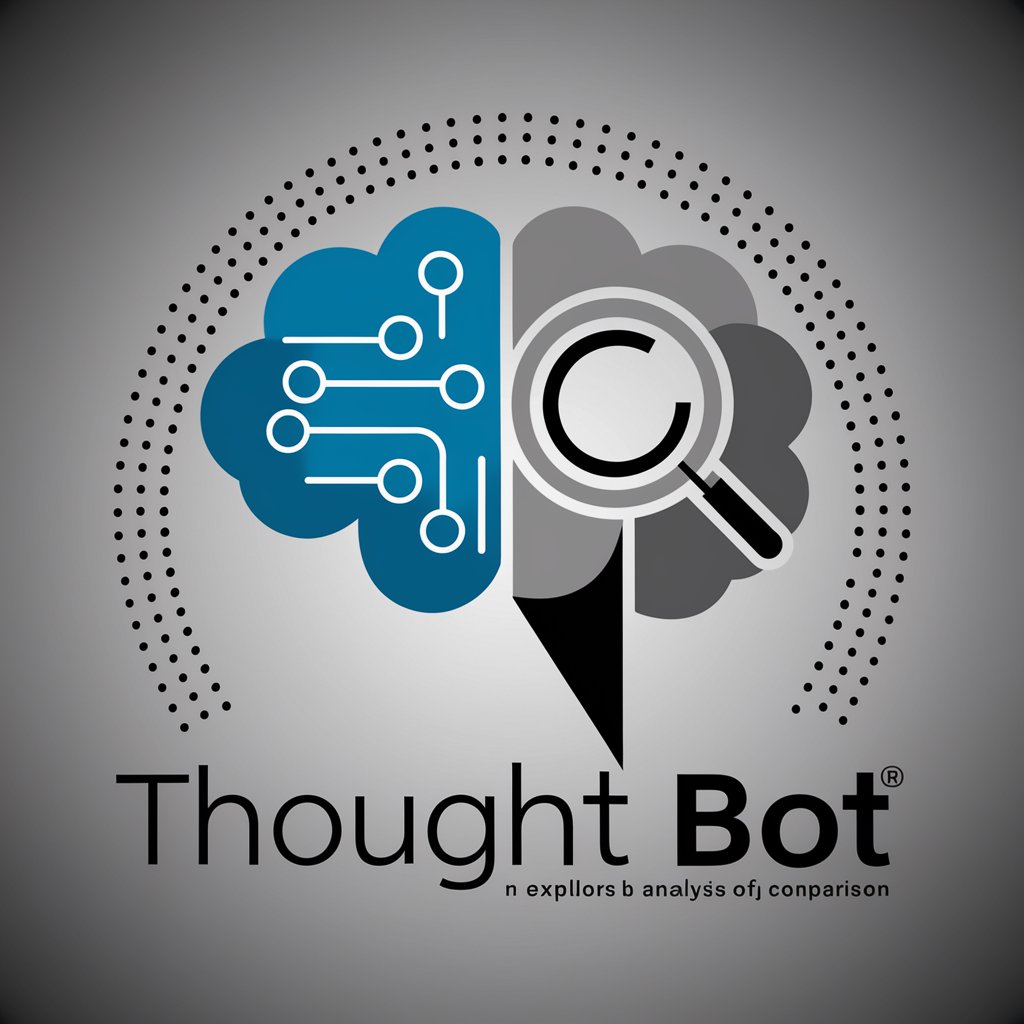
Channel Boost
Empowering YouTubers with AI-driven Growth Strategies

AF GPT
Empowering Your Growth with AI

Le dénicheur de bons plans
Maximize savings with AI-powered deal discovery

Best Coupon Finder
Unlock savings with AI-powered deal hunting.

Frequently Asked Questions About DSM-5 Focused Assistant
What is the DSM-5 Focused Assistant?
The DSM-5 Focused Assistant is an AI-powered tool designed to provide in-depth information and support on the DSM-5, aiding mental health professionals, students, and researchers with reliable psychiatric data and guidelines.
Can the DSM-5 Focused Assistant diagnose mental health conditions?
No, the assistant is designed to offer support by providing information based on the DSM-5 criteria and guidelines. It does not diagnose conditions or replace professional medical advice.
How current is the information provided by the DSM-5 Focused Assistant?
The assistant uses the latest available edition of the DSM-5 as its primary source, ensuring that the information it provides is up to date and reflective of current psychiatric understanding and criteria.
Can the DSM-5 Focused Assistant help with academic research?
Yes, the assistant is an invaluable resource for academic writing and research, providing detailed explanations, criteria, and guidelines from the DSM-5 that can support papers, articles, and studies.
How can I optimize my queries for the best responses?
For optimal results, be specific and direct in your queries. Provide context where necessary and focus on concise questions to facilitate accurate and comprehensive responses.
